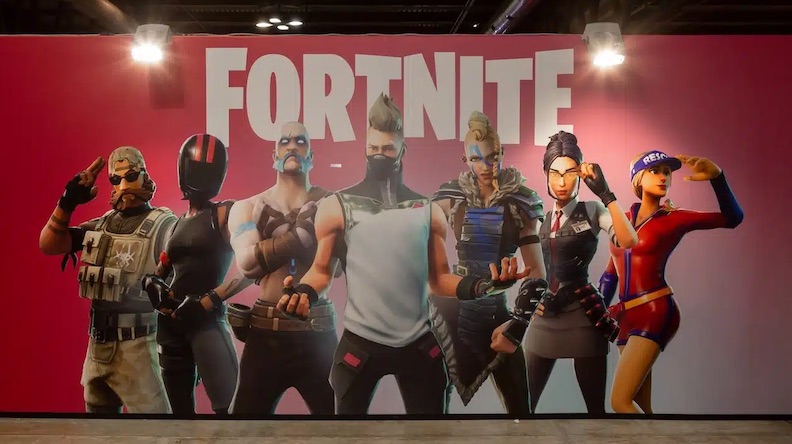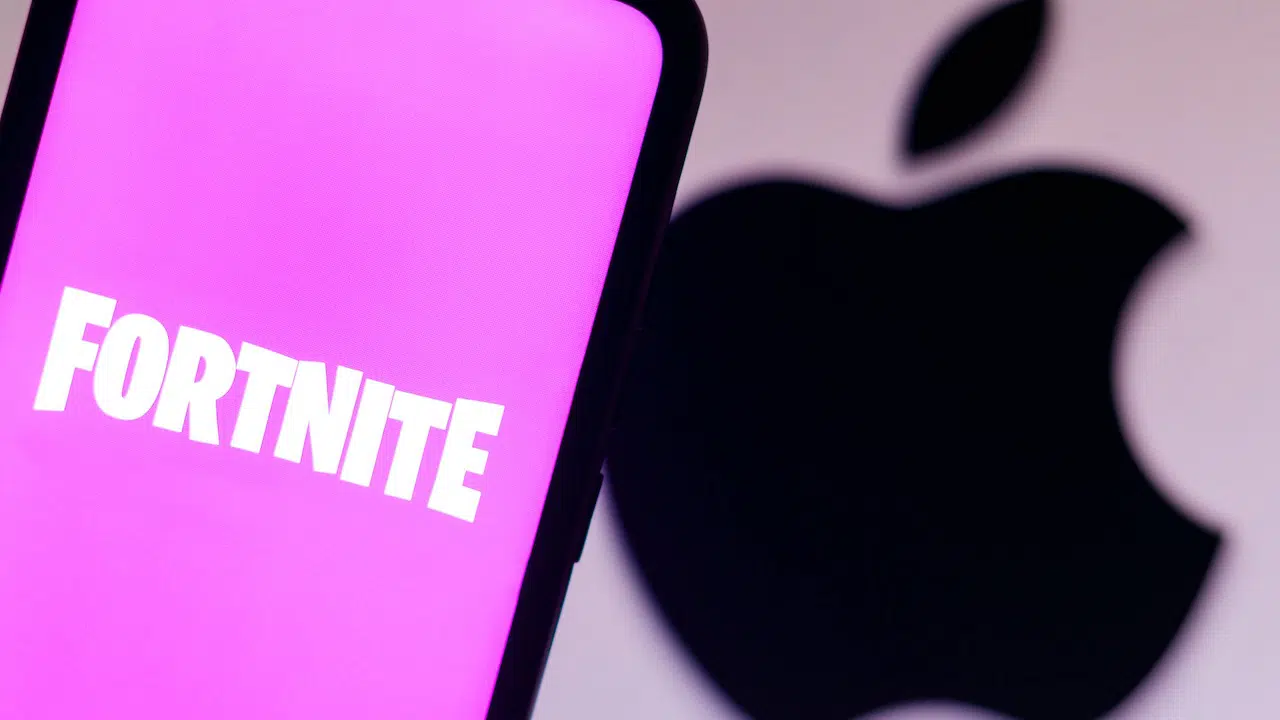The two biggest summer hits were the alleged mixed martial arts match between Elon Musk and Mark Zuckerberg and, with more remote origins, the attempt by various supervisory bodies to hinder the Microsoft-Activision Blizzard deal.
In all likelihood, both disputes ended without too much damage. And here comes the reappearance, with the summer now over, a third clash, that between Apple and Epic Games.
Both the Cupertino company and the software house have come forward, asking the Supreme Court to review the 2021 ruling.
Let’s see what happened, then let’s retrace the salient points of the story.

Apple and the Epic Games case: request for review of the sentence
More than a move against Epic Games, Apple’s move is a last attempt to avoid the obligation to allow its App Store to open to third-party payments in the United States.
Fearing a major blow to its pockets, Apple asked the Supreme Court to review the lower court’s 2021 ruling containing this injunction. Ruling considered “incredibly broad” and above all “unconstitutional” by Tim Cook’s company.
Epic Games’ request
The news is almost paradoxical. In the same hours in which Apple asked the Supreme Court to review the 2021 ruling, considering itself unconstitutionally affected, Epic Games… did the same, obviously with opposite motivations.
As Bloomberg reports in an article published on Thursday 28 September, the US video game manufacturing company would have asked to review the passage of the ruling that acquits Apple of the charge of violating antitrust laws.
The ground is the same: Epic Games claimed that Apple had violated California’s unfair competition law by preventing developers from directing users to third-party payment systems.
The judge in 2021 indeed confirmed that Apple’s practices have “a significant anticompetitive effect that harms consumers.” But it did not consider them so serious that it could be considered an antitrust violation.
Now it’s up to the Supreme Court
With urging from both sides, the Supreme Court will review the ruling later this year, according to Bloomberg.
Meanwhile, Fortnite, Epic Games’ flagship title, was removed from the App Store in August 2020 and is still not available today.
And this aspect offers us the opportunity for a brief review of what has happened so far.
(Short) summary of previous episodes
It all began in August 2020, when Apple banned Fortnite from the Apple Store. The reason? Epic Games had added alternative payment methods to bypass the percentage (hefty: 30%) retained by the App Store.
From there a long and complex process was born, which – in short – saw Epic Games forced to pay 3.5 million dollars for breach of contract with Apple. For his part, Apple will no longer be able to “prohibit developers from including in their apps and metadata buttons, external links, or other calls to action that direct customers to purchasing mechanisms, in addition to In-App Purchases.”
However, for now Apple has managed to obtain a series of postponements of the application of this passage of the ruling from the US Court of Appeals for the Ninth Circuit.
Epic Games licenzia
Epic Games, meanwhile, fires.
Bloomberg always reports it. This is a massive cut in the workforce: around 830 employees will remain at home, i.e. 16% of the total workforce.
The software house will also sell Bandcamp, an online music platform.
In an email to employees, CEO Tim Sweeney reportedly wrote: “While Fortnite is starting to grow again, the trend is primarily driven by creator content with significant revenue sharing, and it is a lower-margin business than to the one we had when Fortnite Battle Royale took off.”
The CEO also made it known that two-thirds of layoffs do not affect core development teams. And those who are fired will still be entitled to 6 months of basic pay and 6 months of healthcare.















Leave a Reply
View Comments